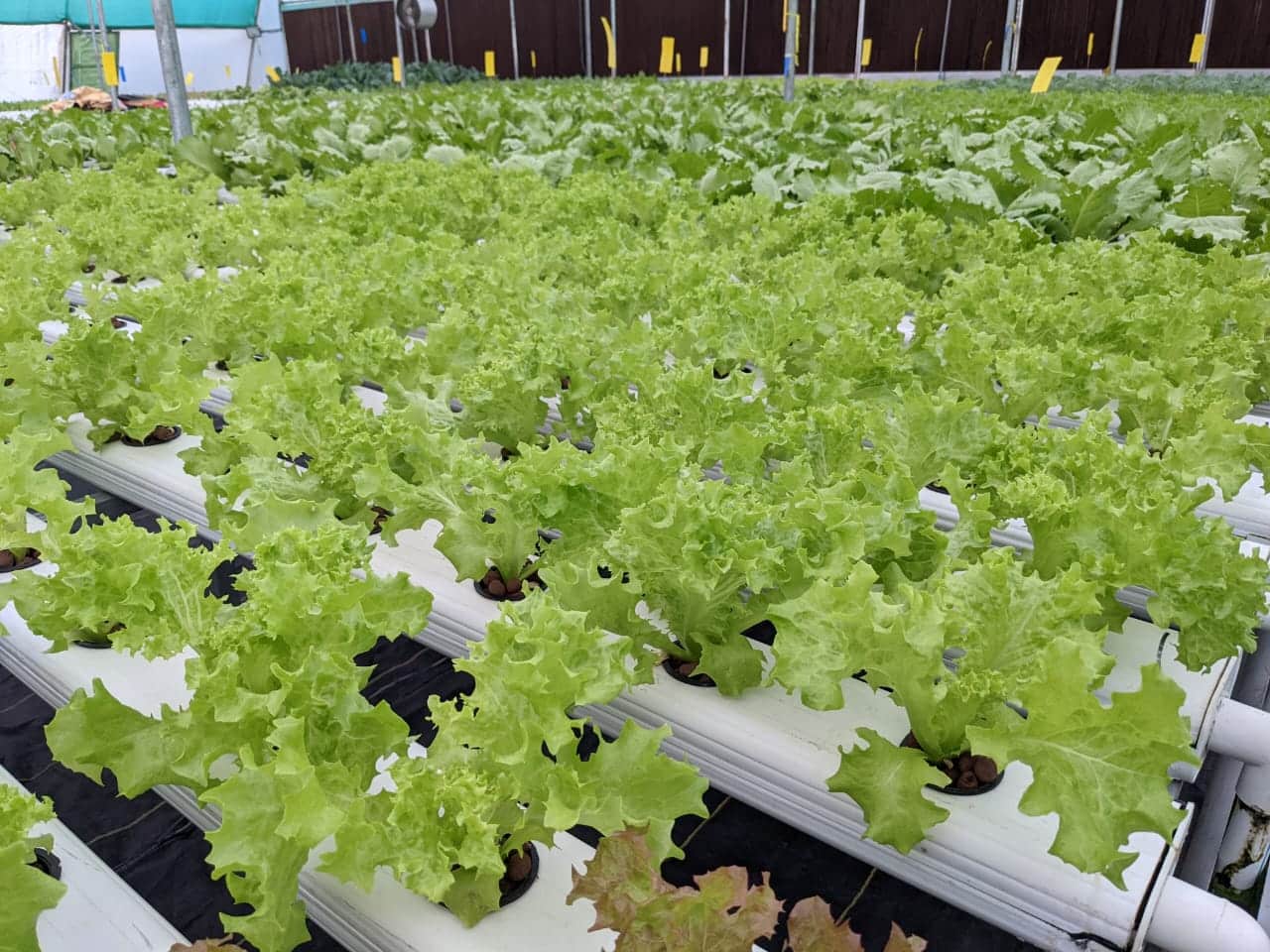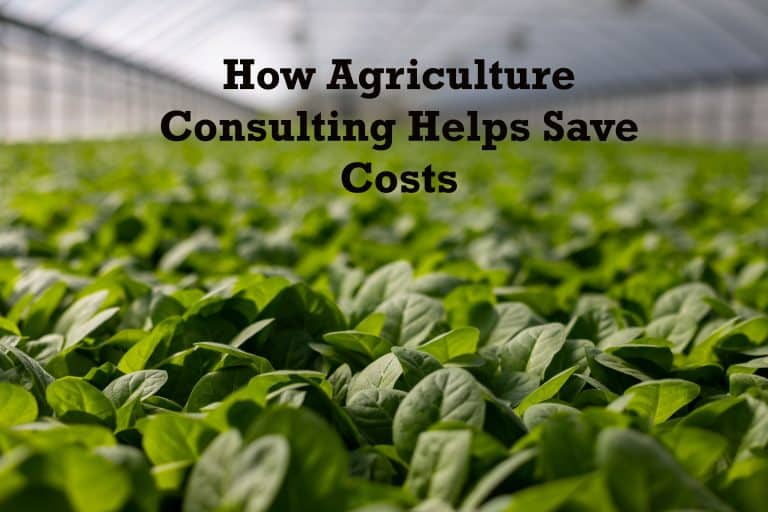Introduction:
Agriculture is the backbone of global sustenance, and the quest for increased crop production to meet the demands of a growing population has never been more critical. In this pursuit, agricultural consultation emerges as a valuable resource, providing farmers with expert advice, innovative solutions, and strategic guidance to optimize for bigger crop yields. This article explores the pivotal role of agricultural consultation in increasing crop production and delves into the various factors that influence this essential aspect of modern farming.
The Role of Agricultural Consultation in Crop Production Enhancement:
Expert Guidance and Knowledge Transfer:
Agricultural consultants bring a wealth of knowledge and experience to the table. Their expertise covers a wide array of subjects, including soil health, crop selection, pest management, irrigation strategies, and sustainable farming practices. By working closely with farmers, consultants facilitate the transfer of this knowledge, empowering farmers to make informed decisions for the improvement of their crop yields.
Customized Solutions for Farm-Specific Challenges:
Every farm is unique, with its own set of challenges and opportunities. Agricultural consultants conduct thorough assessments of individual farms, taking into account soil composition, climate conditions, water availability, and existing agricultural practices. With this information, they tailor solutions that address specific challenges, optimizing crop production based on the farm’s unique characteristics.
Innovative Technologies and Practices:
Agricultural consultants stay abreast of the latest advancements in agricultural technologies and practices. They introduce farmers to innovative solutions such as precision farming, data analytics, and integrated pest management systems. The integration of technology can significantly enhance efficiency, reduce resource wastage, and ultimately contribute to increased crop yields.
Crop Diversification and Rotation:
Agricultural consultants play a key role in advising farmers on crop diversification and rotation strategies. These practices help improve soil fertility, prevent the buildup of pests and diseases, and contribute to overall farm resilience. Crop rotation, for example, can break pest cycles and improve nutrient balance in the soil, leading to healthier and more productive crops.
Factors Affecting Crop Yield Increase through Agricultural Consultation:
Access to Resources:
The effectiveness of agricultural consultation is influenced by the accessibility of resources, including financial support, advanced technologies, and quality inputs. Farmers with limited access to these resources may face challenges in implementing recommended strategies.
Adoption of Recommendations:
The success of agricultural consultation relies on the willingness of farmers to adopt the recommended practices. Resistance to change, lack of awareness, or scepticism about new techniques can hinder the implementation of strategies aimed at increasing crop production.
Environmental Factors:
Unpredictable weather patterns, climate change, and natural disasters can significantly impact crop production. Agricultural consultants need to factor in these environmental challenges when developing strategies, emphasizing resilience and adaptive practices.
Policy Support:
The effectiveness of agricultural consultation is influenced by supportive agricultural policies at local, regional, and national levels. Policies that encourage sustainable farming practices, provide incentives for innovation, and ensure fair market access contribute to the success of agricultural consultation initiatives.
Conclusion
Agricultural consultation stands as a linchpin in the efforts to increase crop production sustainably. By providing expert guidance, tailored solutions, and fostering the adoption of innovative practices, consultants contribute significantly to the prosperity and resilience of farming communities. As we navigate the challenges of a dynamic agricultural landscape, the collaboration between farmers and agricultural consultants remains a crucial driver for achieving increased crop yields and ensuring food security for generations to come.



